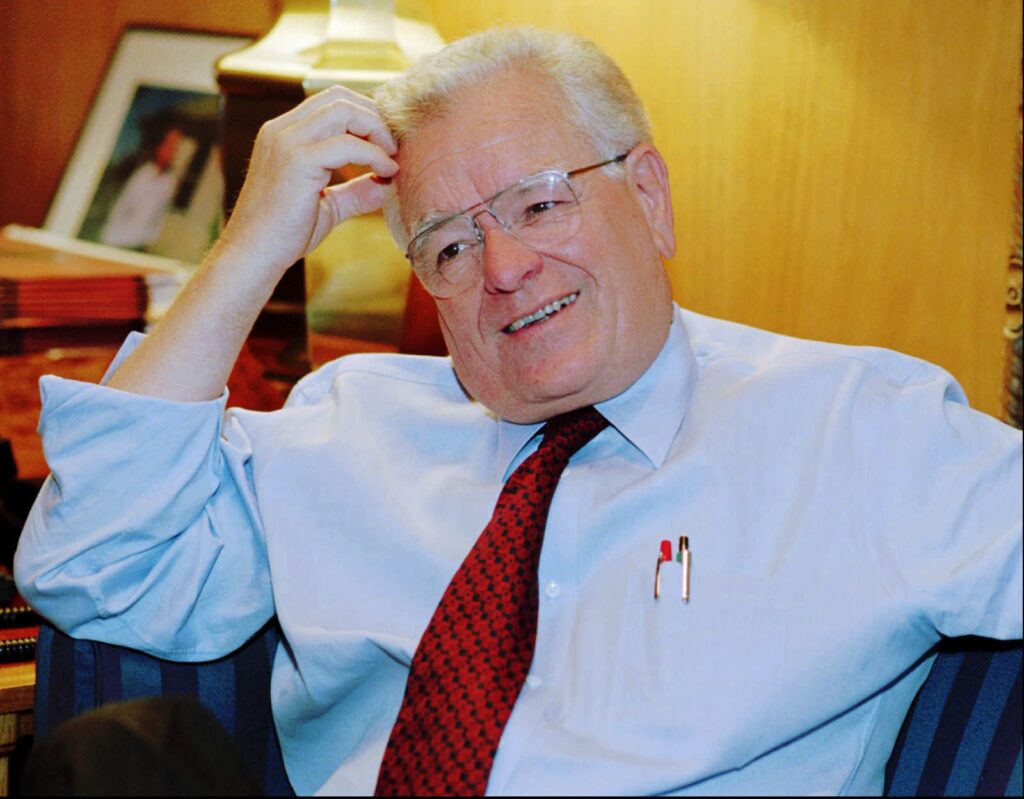The Colorado Springs Gazette: The market favors helping Mother Earth
Coal production is up since President Donald Trump ended “the war on coal.” The question becomes: Can it compete?
Steamboat Today reports 2017 coal production nationally hit 73 million short tons, a 45 million increase over 2016.
“Colorado’s six active coal mines produced 15.18 million tons in 2017, an 18.5 percent increase over 2016,” the article said.
The rebound comes as unwelcome news to environmental groups.
“Colorado’s coal production rates are still a shadow of what they once were,” said Jeremy Nichols, climate and energy program director for Wild Earth Guardians. “This doesn’t reflect a war on coal. It reflects the fact that the cost of mining, transporting and burning coal increasingly can’t compete with cleaner energy sources.”
Seemingly, Nichols no longer counts on onerous federal regulations to jeopardize the future of coal. He believes the industry will implode, losing to more efficient products.
His trust in market forces briefly distinguished him from other environmental leaders, right up until he said this:
“Groups like ours are going to continue to make it difficult for them (coal companies) to expand. You can be guaranteed of that,” he said, as quoted by Steamboat Today.
Nichols had it right the first time. Coal will not survive if it cannot do what consumers want. We don’t need a “war” of regulation to reduce consumer options.
A kilowatt is a kilowatt. Buyers want it for the least cost possible, whether generated by the sun, the wind, the heat of the Earth, or ancient fossilized sea creatures.
If Nichols is correct, coal will continue paying transportation and conversion costs largely avoided by new competitors. If coal pollutes and costs more, consumers and the utilities serving them will eventually choose better products. We see it happening, with and without government mandates.
Environmental activists, with worthy goals and motivations, typically bolster their agendas by seeking regulations to harm traditional competitors. They demand subsidies for new technologies they advocate.
While it is fair to compete for subsidies and regulations – which have aided and obstructed fossil fuel production – environmentally conscious products can win over consumers on the merits of economic efficiencies. Examples:
– An efficient car can reduce one’s transportation fuel costs by 50 percent or more.
– Low-flush toilets can save a household more than $20 a year for each bathroom.
– One LED lightbulb can save the average household about $62 in electric costs over 10 years. Times 30 bulbs, that’s a guaranteed investment return of nearly $1,900.
– Dishwashers, made more efficient to protect the environment, save money. Slower-wash cycles allow dishes to soak, getting them cleaner with less power and water.
– Emission controls on wood stoves burn more carbon in the stoves. By sending less unused gas up the chimney, users get about 40 percent more heat from each log.
Pollution is waste, and waste costs money. Those who reduce it, or harness it as energy, are rewarded by the market. Products that help the planet also help our budgets. An exhaustive list of examples would not fit this space.
The market, not a regulatory “war,” should determine the long-term fate of coal. The industry will compete with modern products or fail. In ecological terms, it will adapt or die. Efficiency, which benefits the planet and consumers, wins in a market of free and competing options.











